Sabbath and Holidays
Tishah B’Av

Tishah B’Av
The Ninth of Av – On this black day in history, both the First and Second Holy Temples of Jerusalem were destroyed and the surviving Jews brutally sent into exile. Tishah B’Av became a day of repeated tragedies. How was the Jewish nation meant to endure this phase of its history, the stage intended to bring us to the Final Redemption?
Yom Kippur

Yom Kippur
It is the purpose of this volume to help open up the message of Yom Kippur, for if we can better understand it, we can better achieve the goals it sets forth for us.
Rosh Hashanah

Rosh Hashanah
The yearnings, hopes and prayers of Rosh Hashanah form the gateway from man to G-d. In this book, a host of these important prayers are explained and illuminated.
Simchas Torah

Simchas Torah
The twin festival of Shemini Atzeres / Simchas Torah is the climax of the holiday month that swings like a roller coaster from judgment to joy.
The Shabbos Home Vol. 1

The Shabbos Home Vol. 1
A comprehensive halachic guide to the laws of shabbos as they apply throughout the home
The Shabbos Home Vol. 2

The Shabbos Home Vol. 2
A comprehensive halachic guide to the laws of shabbos as they apply throughout the home Checkout
The Shabbos Kitchen

The Shabbos Kitchen
A Comprehensive Guide to the Preparation of Food and Other Kitchen Activities on Shabbos or Yom Tov
Let My Nation Go-Pesach

Let My Nation Go-Pesach
This dramatic, vivid narrative tells the story of the slavery in Egypt, and the wondrous Exodus we experienced, in a captivating, novel-like style, based on Talmudic and Midrashic sources. Here we witness the harsh decrees, the miracles of the Ten Plagues, the thunderous splitting of the sea, and the entire Passover saga. Extensively researched and annotated.
Let My Nation Serve Me – Shavuos

Let My Nation Serve Me – Shavuos
Let My Nation Serve Me recounts the most important episode in Jewish history: the drama and exhilaration of Mattan Torah come alive, drawing us to Mount Sinai where we can visualize Moshe, Aharon, Miriam, and other Biblical figures as though they stood before us.
Moadei Hashanah — Elul and Rosh Hashanah

Moadei Hashanah — Elul and Rosh Hashanah
Moadei Hashanah — Elul and Rosh Hashanah is based on eloquent lectures delivered by Rav Shimshon Dovid Pincus in which he brings out the deeper meaning and proper approach to these vital days. This is the seventh of his many Hebrew books to be made available to the English-speaking public. A world-renowned speaker, Rav Pincus educated and influenced audiences across the Jewish spectrum. Torah Jews throughout Israel and the Diaspora flocked to hear him speak because he had the ability to impart to them new worlds of understanding in Torah and mitzvos. He touched their hearts and changed their lives in an unparalleled way.In this volume, Rav Pincus shows us the awesome power of these special days on which we, and indeed the whole world, stand in judgment and are created anew. He opens our eyes to the infinite outpouring of Divine mercy that flows down to us at this time. In practical terms, he explains how to utilize all this in order to effect a profound and lasting change in our lives. Rav Pincus’ greatest insights into Elul and Rosh Hashanah are concentrated in this fundamental work. This appealing translation will delight both scholars and laymen alike with its genius and wit, along with its heartfelt messages.
Nefesh Shimshon Series: Moadei Hashanah: Exile and Consolation – The Three Weeks and Tishah b’Av

Nefesh Shimshon Series: Moadei Hashanah: Exile and Consolation – The Three Weeks and Tishah b’Av
Make The Three Weeks a meaningful and enriching experience… With his characteristic brilliance and fervor, Rav Shimshon Dovid Pincus provides a unique and proper approach to this auspicious time. He adds new dimensions to our understanding of the Beis HaMikdash and our mourning over it; shows us how to transform the negative into a positive force for personal growth; and offers practical advice on how to make this time more meaningful and enriching.
Shaarei Halachah

Shaarei Halachah
This masterpiece fills a great need for our generation–a generation characterized by a thirst for the eternal values of Judaism. Now, the English-speaking reader can enjoy a clearly written and easy to read summary of Jewish law, based on the Mishnah Berurah. Among the many topics included in this work are: Tzitzis, the daily routine, prayer, tefillin, blessings, the Sabbath, festivals and special days, the dietary laws, and mourning. Shaarei Halachah has been hailed as the Kitzur Shulchan Aruch for our time!
Laws of Yom Tov

Laws of Yom Tov
Rabbi Simcha Bunim Cohen has earned a niche in countless family libraries through his clear, thorough, and practical works on Halachah. His many books on the laws of Shabbos and child-rearing have become standard texts — enlightening, authoritative, and accessible — for scholar and layman alike.
Shabbos Secrets Vol. 1

Shabbos Secrets Vol. 1
In what order does one kindle the Shabbos lights? What are the different ways to hold the kiddush cup, and why? What is the significance of the traditional Shabbos foods? What does the “holiness of Shabbos” mean in real life? Questions such as these and hundreds more, abound in this one-of-a-kind book. You will discover the beauty and the inner meaning of our once a week ‘day of rest’, which is often misconstrued as a day of ‘do and don’ts.’ 192 color photos of every conceivable type of Shabbos food and custom make this volume a ‘must have’ as well as a perfect Shabbos gift.
Shabbos Secrets Vol 2.

Shabbos Secrets Vol 2.
The Significance of Traditional Shabbos FoodsThe family sits around a beautifully set table, bedecked in their Shabbos finery. The table is replete with all the traditional Shabbos foods: challah, fish, chicken soup, and more. The air around them shimmers with joy and holiness, the Shechinah itself hovering above the scene…Fantasy imagery? Not at all. It is the picture of every Jewish family at their Shabbos table each week.The connection a Jew has with Hashem begins at his Shabbos table, as that is a primary starting point to attaining emunah, yiras Shamayim, and a loving relationship with our Creator. Shabbos is Hashem’s special gift to His beloved nation; it is like a private invitation for us to dine at His very own table. By our sitting there with decorum, partaking in the meaning-rich traditional foods, and showing our appreciation and enjoyment of this precious gift, we are bonding with Hakadosh Baruch Hu in a most intense way.
Seudah Secrets – Nissan to Av

Seudah Secrets – Nissan to Av
Round matzos on Pesach…”Esther kezel” at “Seudas Esther” (on the second day of Pesach)…bagels on Lag B’Omer…cheese blintzes on Shavuos… When it comes to Shabbos, Yom Tov, and special occasions, our menu is set in tradition. But do you know why some serve tongue on the second day of Pesach? Or the reasoning behind the minhag of eating fried kreplach on Shavuos?In Seudah Secrets, Rabbi Dovid Meisels, author of the popular Secrets series, shares with us hundreds of customs regarding traditional Jewish foods, as well as the many reasons, all culled from midrashim, Chazal, and the sefarim hakedoshim, for why we eat them. Whether it’s as a segulah for health and parnassah, or to help increase one’™s emunah and yiras Shamayim, every food we eat that’s steeped in mesorah provides us with infinite benefit and brachah. The food that we eat can do so much good not only for our bodies, but for our souls, too!There’s a treasure trove of blessing waiting for you on your Shabbos or Yom Tov table! With Seudah Secrets as your guide, you are hereby invited to uncover it all.
Succos Secrets

Succos Secrets
Why is this holiday called “Succos”, not ” Succah”? Why do we celebrate Simchas Torah now, not on Shavuos? These questions, and more, skill-fully answered in Succos Secrets: The Mysteries Revealed. Over 100 fascinating photos!
Seudah Secrets – Elul to Adar

Seudah Secrets – Elul to Adar
The Significance and Spirituality of Traditional Jewish FoodsRound challah in Tishrei, farfel on Hoshana Rabbah, stuffed cabbage on Simchas Torah, wine on Shabbos. When it comes to Shabbos, Yom Tov, and special occasions, our menu is set in tradition.But do you know why we eat hamantaschen on Purim and why there’s a custom to serve fish at a wedding? Or the reasoning behind the minhag of eating cheese kreplach on Shavuos and round matzos on Pesach?In Seudah Secrets, Rabbi Dovid Meisels, author of the popular Secretsseries, shares with us hundreds of customs regarding traditional Jewish foods, as well as the many reasons, all culled from midrashim, Chazal, and the sefarim hakedoshim, for why we eat them. Whether it’s as a segulah for health and parnassah, or to help increase one’s emunah and yiras Shamayim, every food we eat that’s steeped in mesorah provides us with infinite benefit and brachah. The food that we eat can do so much good not only for our bodies, but for our souls, too!There’s a treasure trove of blessing waiting for you on your Shabbos or Yom Tov table! With Seudah Secrets as your guide, you are hereby invited to uncover it all.
Seudah Secrets on the Seder

Seudah Secrets on the Seder
Did you know there is a custom to individually wrap each of the three matzos at the Pesach Seder? And that there are specific kavanos one should have in mind when fulfilling the exalted mitzvah of eating matzah? Did you know that while some use celery for Karpas, others use radishes, potatoes, or onions, and still others dip celery together with potatoes into the saltwater? Although every Jewish holiday is steeped in tradition, when it comes to the hallowed Pesach Seder, the number of different customs that abound for each and every part, as well as the reasoning behind them, is mind-boggling! And all of it is there to serve one fundamental purpose: elevating what we do and what we eat on this holy night to a most sublime experience. In Seudah Secrets on the Seder, Rabbi Dovid Meisels, author of the popular Secrets series, shares with us hundreds of customs relating to the Pesach Seder, as well as the many explanations for why and how they are done. As always, Rabbi Meisels culls his material from Midrashim, Chazal, and the sefarim hakedoshim.


 Books pertaining to the Sabbath and Jewish Festivals
Books pertaining to the Sabbath and Jewish Festivals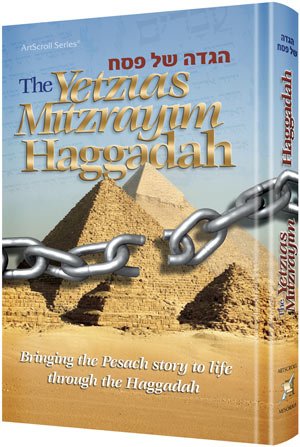

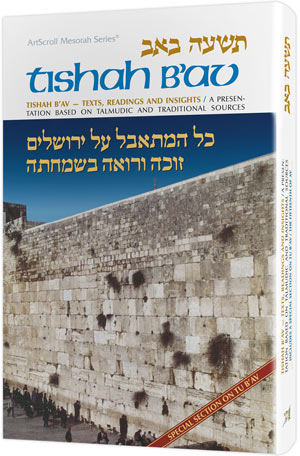
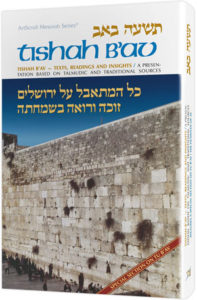
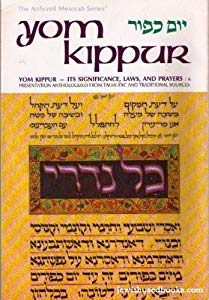
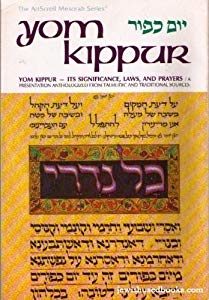
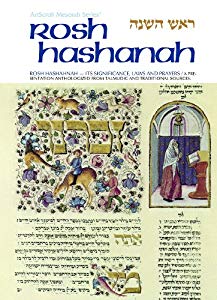
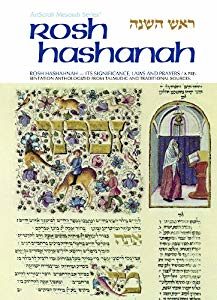
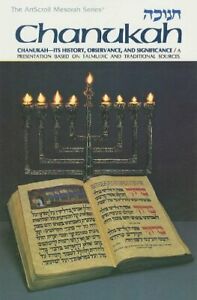
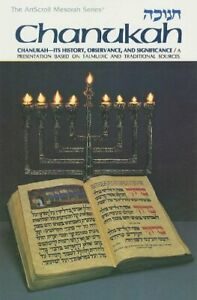
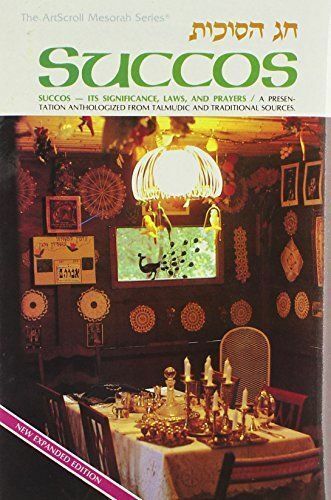
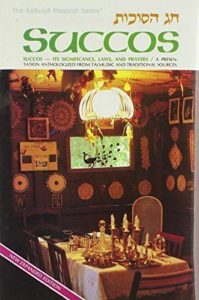
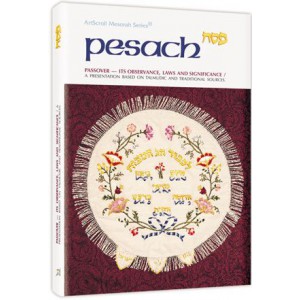
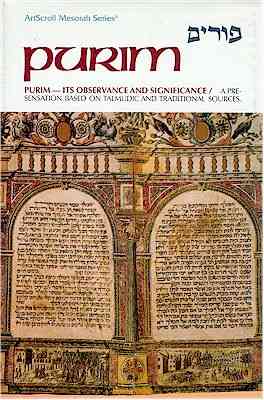
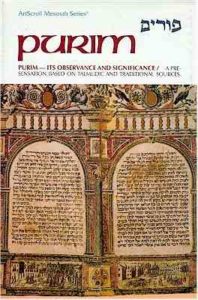
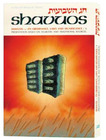
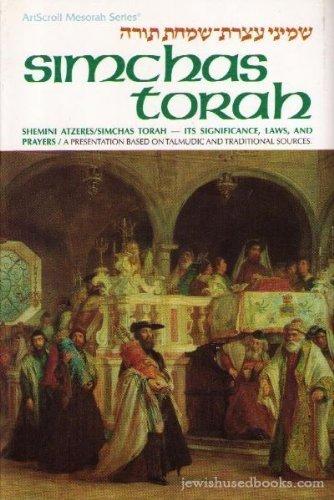
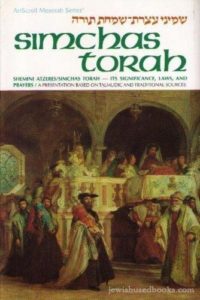
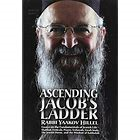
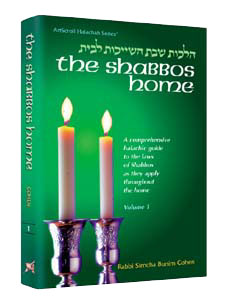
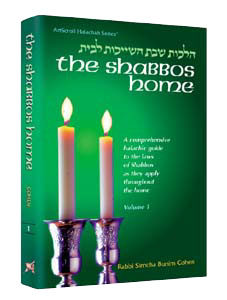 A comprehensive halachic guide to the laws of shabbos as they apply throughout the home
A comprehensive halachic guide to the laws of shabbos as they apply throughout the home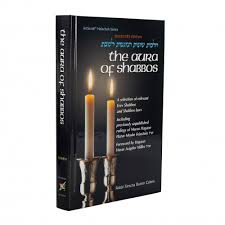
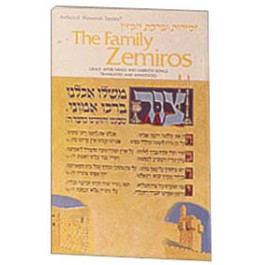
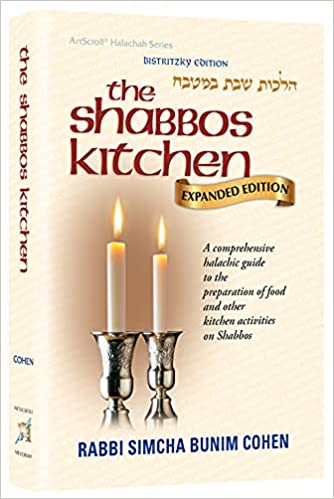
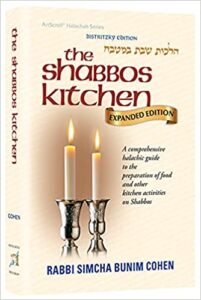
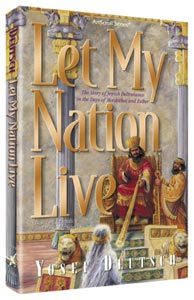
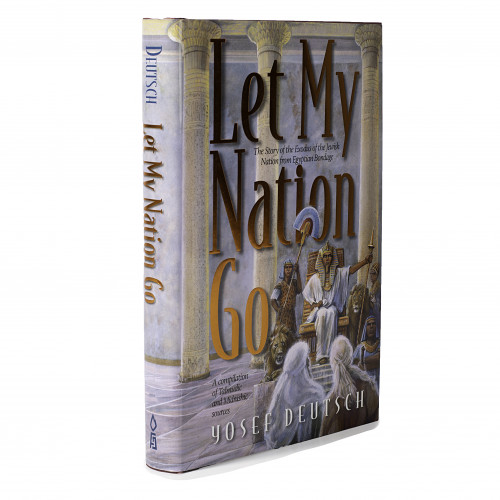
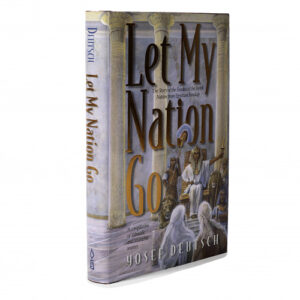
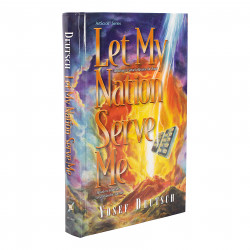
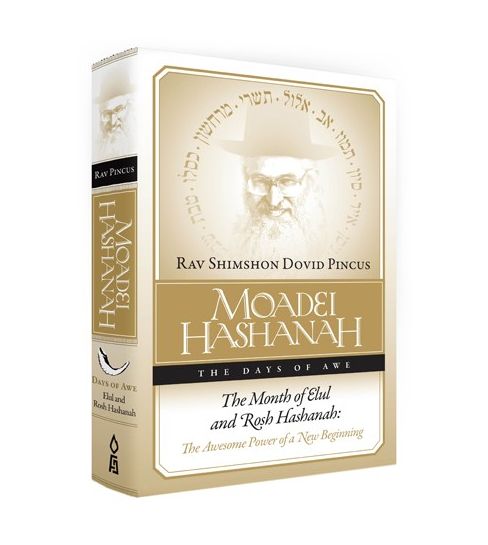
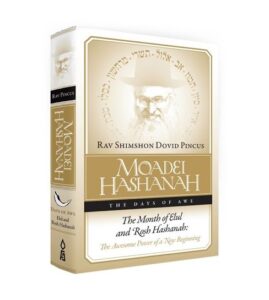
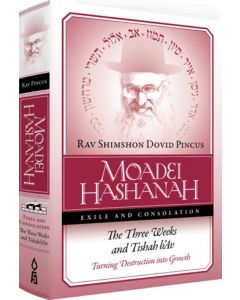
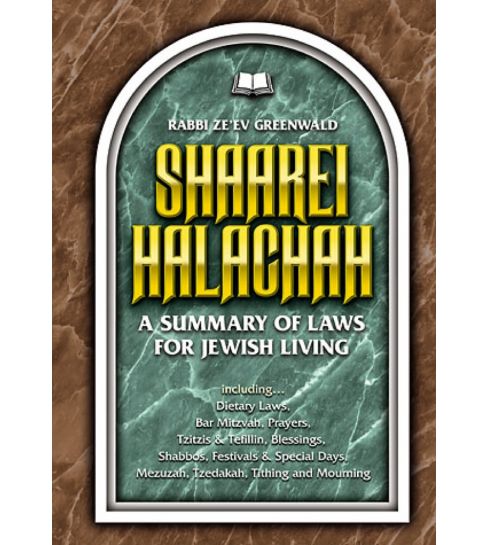
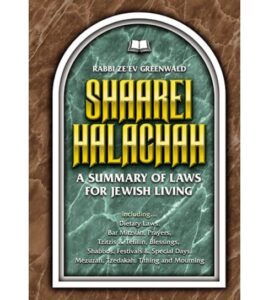
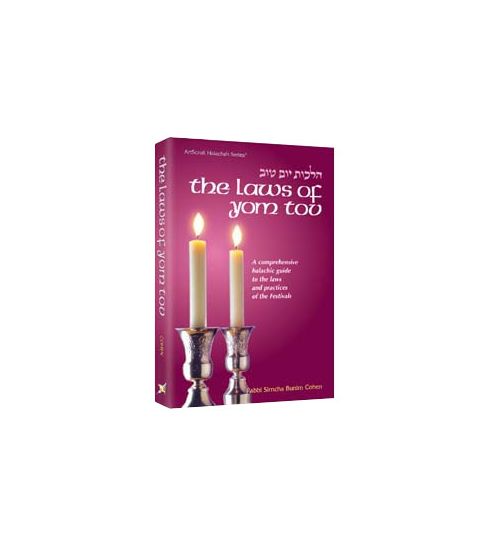
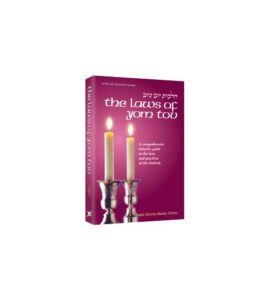

 In what order does one kindle the Shabbos lights? What are the different ways to hold the kiddush cup, and why? What is the significance of the traditional Shabbos foods? What does the “holiness of Shabbos” mean in real life? Questions such as these and hundreds more, abound in this one-of-a-kind book. You will discover the beauty and the inner meaning of our once a week ‘day of rest’, which is often misconstrued as a day of ‘do and don’ts.’ 192 color photos of every conceivable type of Shabbos food and custom make this volume a ‘must have’ as well as a perfect Shabbos gift.
In what order does one kindle the Shabbos lights? What are the different ways to hold the kiddush cup, and why? What is the significance of the traditional Shabbos foods? What does the “holiness of Shabbos” mean in real life? Questions such as these and hundreds more, abound in this one-of-a-kind book. You will discover the beauty and the inner meaning of our once a week ‘day of rest’, which is often misconstrued as a day of ‘do and don’ts.’ 192 color photos of every conceivable type of Shabbos food and custom make this volume a ‘must have’ as well as a perfect Shabbos gift.








